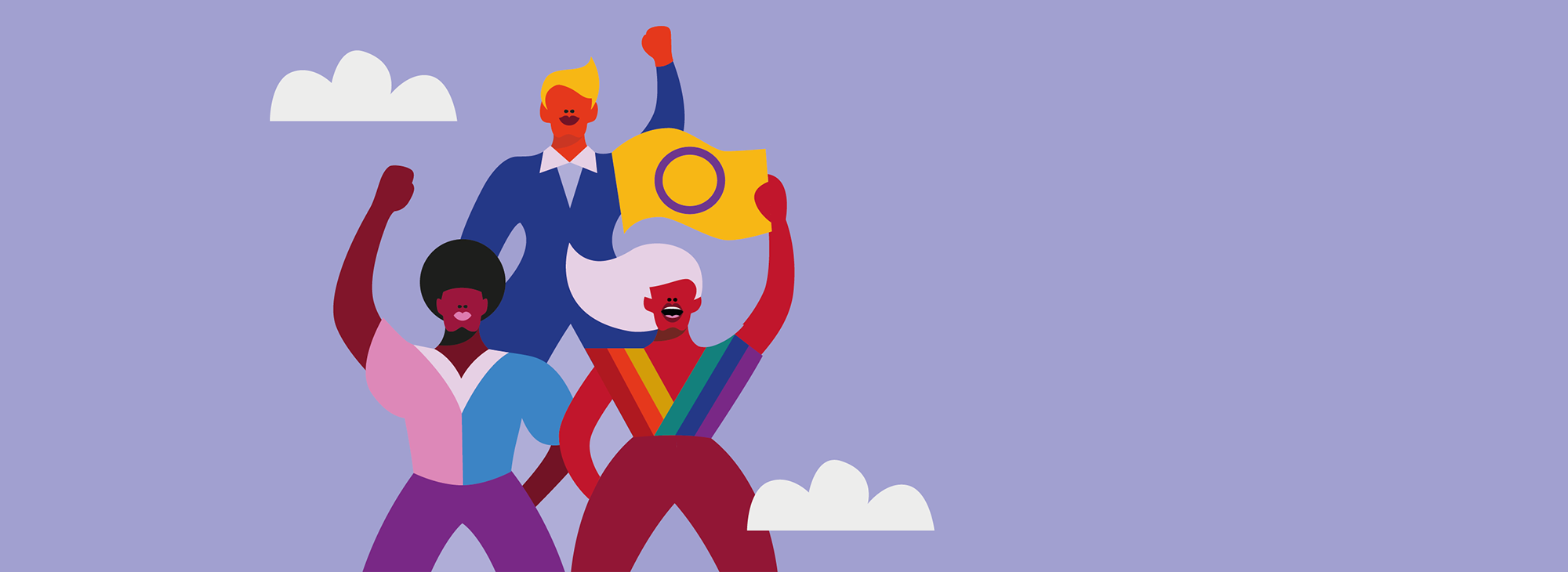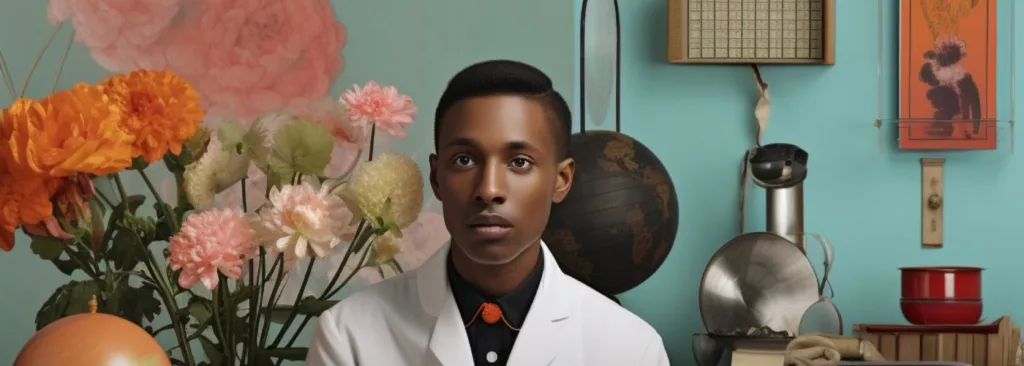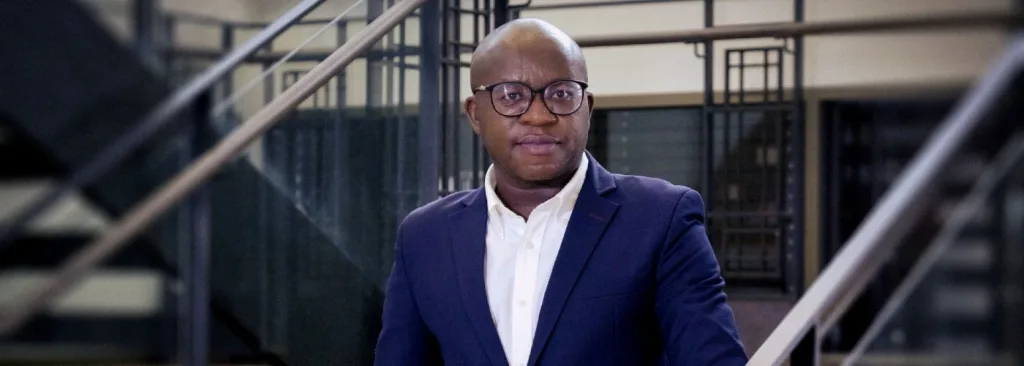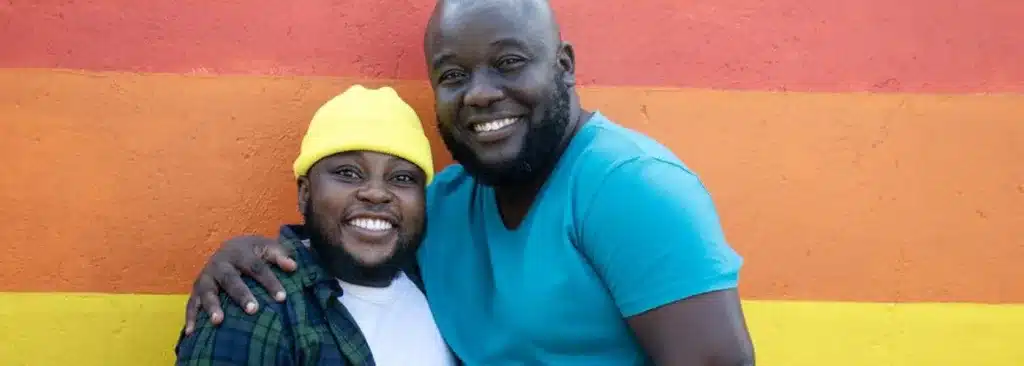By Saida Ali and Moses Okinyi
We applaud the Kenyan Supreme Court’s bold and groundbreaking decision upholding the rights to association for LGBTIQ+ persons. On Tuesday 12, September 2023, the Court dismissed a challenge to its earlier ruling allowing the National Gay and Lesbian Human Rights Commission to register as a Non-Governmental Organization.
For people like Androgenous Alpha, the CEO of Nadharia Kenya, it is a bittersweet moment. “Sweet because the legal system recognizes that we are here. That we exist”. Alpha sees this as an important step towards inclusion and equality. The bitter part of it is based on the disconnect between a momentous ruling such as this one and the lack of understanding of human rights by the society at large.
“We live in a society where this could even ignite strong opposition as we have seen before and where there is an active anti-rights agenda promoting discrimination, hate, and violence.”
Androgenous Alpha
The right to organize
Ten years ago, the NGO Board refused to register the National Gay and Lesbian Human Rights Commission claiming that it “promotes same-sex behavior.” In February of this year, the Supreme Court ruled that this decision was discriminatory. Later in 2023, however, Homa Bay town MP Peter Kaluma filed an application seeking to challenge this ruling in favor of registering the LGBTIQ advocacy group. Last Tuesday, the Court’s decision dismissed this challenge.
[The rulings] mean safety to organize as a community, a movement and organization. [This] win gives an assurance that we are heading in the right direction.
Marylize Biubwa
Marylize Biubwa of Queer Republic, states that the Supreme Court rulings mean “safety to organize as a community, a movement and organization.” Marylize admits that 2023 has been one of the toughest years in championing for queer freedoms and that this ruling is “a win that gives an assurance that we are heading in the right direction.” As Marylize and Alpha both note, there is a long way to go in achieving full freedoms for the community. However, this ruling is an indication that it is possible to make systems work for all citizens. Marylize acknowledges that it is a liberating feeling to know that you can report to authorities any forms of violence experienced while organizing. “This,” Marylize adds, “is something that we have never had the privilege to enjoy.”
African values
The decision by the Supreme Court is not only a win for human rights, justice, and inclusivity but also reaffirms Kenya’s constitutional principles that guarantee our fundamental rights and freedoms. These include the freedom of association and freedom from discrimination, which are human rights vital to the functioning of any society.
This momentous ruling sets the record clear on the right to be human – not just for Kenya but for the whole of African continent. This jurisprudence offers an opportunity for other African countries to learn from Kenya and highlight positive developments and emerging legal consensus on advancement of gender and sexuality issues. It is an opportunity to build a positive cultural context that affirms and asserts African values consistent with human rights.
When discussing the rights of LGBTIQ+ people, the ‘issue’ is often seen as a moral, cultural and religious one. Rarely do we make the argument about this being a fundamental human rights issue. But from whichever vantage point, if you dig deep into the history of your community, as an African you will find a word for people who were queer or gender non-confirming. Simply put, hate and violence are not an African culture.
Free to be me
Everyone has the right to be free who they want to be. This was affirmed by the February 24 ruling of the Supreme Court.
“Given that the right to freedom of association is a human right, vital to the functioning of any democratic society as well as an essential prerequisite enjoyment of other fundamentals rights and freedoms, we hold that this right is inherent in everyone irrespective of whether the views they are seeking to promote are popular or not.”
Nothing could be further from the truth. All human beings are born free. It is also important to note that the decision has been upheld by both the High Court and the Supreme Court whose decision is final.
It is a human rights violation to impose anyone’s moral, religious, and cultural beliefs on a person infringing on their rights not only to associate but even to exist. This ruling should be emulated across Africa as it comes at a time when sexual minorities and gender diverse people across the continent are discriminated against. They are targets of social exclusion, cannot express themselves freely, and live in fear of attacks, imprisonment, and even the death penalty.
All Africans strive for a just, fair, dignified, and prosperous society, and for this to be achieved, all human rights must be respected irrespective of your political, religious, cultural, social, and sexual orientation.
As Hivos we shall continue to stand in solidarity with the LGBTIQ+ community through our rallying call, let people be free to be who they are.




